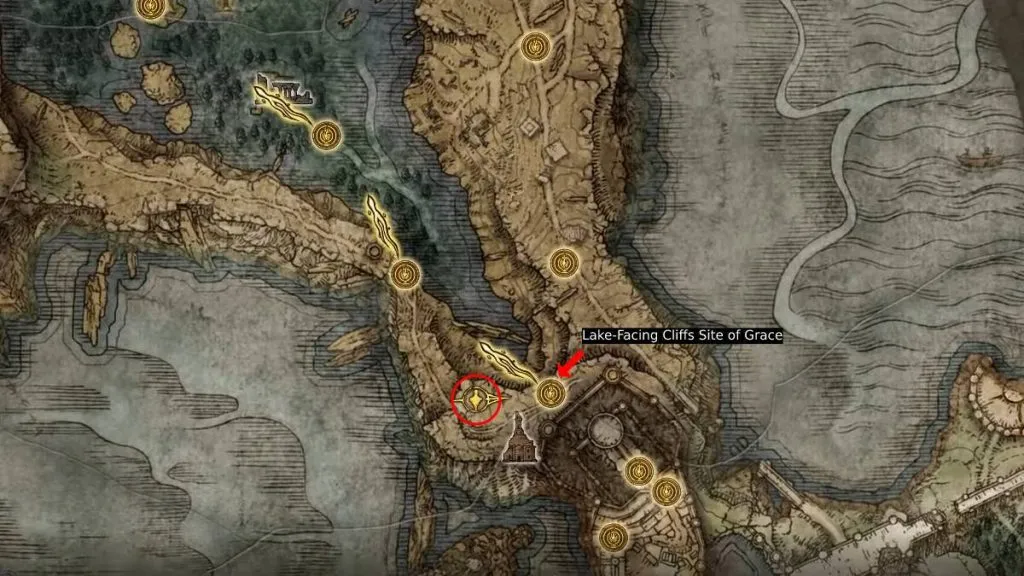In the world’s largest democracy, India, the appointment of the Chief Election Commissioner (CEC) and Election Commissioners (ECs) is a matter of great importance. The process of their appointment has been a subject of debate and contention. Let’s delve into the details.
Table of Contents
What Prompted the Plea before the Supreme Court?
The appointment of the CEC and ECs has been a topic of concern for citizen groups. Public interest petitions were filed, seeking a law to govern their appointment. In 2015, the first PIL was submitted, followed by a second PIL in 2018 by Delhi BJP leader Ashwini Upadhyaya. The Supreme Court agreed to hear the second PIL and referred the matter to a Constitution Bench. The case was heard in November last year.
How are the CEC and ECs Currently Appointed?
Currently, the appointment process of the CEC and ECs is carried out without a specific legislative procedure. The Constitution empowers the President to appoint them based on the advice of the Union Council of Ministers, led by the Prime Minister. This means that the President’s decision is influenced by the recommendations of the Council of Ministers.
Understanding the Powers of the Election Commission
The Constitution of India grants the Election Commission extensive powers, placing the entire election machinery under its control. This provision was introduced in the Constituent Assembly by Babasaheb Ambedkar in 1949. The Parliament later enacted two acts, The Representation of the People Act, 1950, and The Representation of the People Act, 1951, to define and expand the Commission’s powers.
The Supreme Court, in the case of ‘Mohinder Singh Gill & Anr vs The Chief Election Commissioner, New Delhi and Ors’ (1977), affirmed the broad authority given to the Election Commission by Article 324 of the Constitution. The Court said that Article 324 operates in areas where legislation is absent, and it empowers the EC to engage in the conduct and superintendence of all elections. Despite this, the Constitution does not provide a specific definition of the terms ‘superintendence, direction, and control.’
The Election Commission (Conditions of Service of Election Commissioners and Transaction of Business) Act, 1991, outlines the requirement that the EC and CEC hold their posts for a period of six years, providing a framework for their service conditions.
The Evolution of the Election Commission as a Three-Member Body
For almost four decades after the Republic’s establishment, the Election Commission consisted of only a Chief Election Commissioner (CEC). However, in 1989, just before the elections to the ninth Lok Sabha, friction arose between the Rajiv Gandhi government and the then CEC, R V S Peri Sastri. To limit his powers and ensure the smooth conduct of the upcoming elections, the government expanded the Election Commission to include two additional positions. These appointments were later rescinded by the National Front government of Prime Minister V P Singh.
In response to these events, the government enacted the Election Commission Act of 1991, which granted the CEC a status equivalent to that of a Supreme Court judge, with a retirement age of 65 years. The ECs were given the status of High Court judges, with a retirement age of 62 years. This legislation stipulated that if the Election Commission reverted to a multi-member body, the CEC would act as its chairman, with the ECs functioning under him.
The Election Commission once again became a three-member body on October 1, 1993, with the appointment of M S Gill and G V G Krishnamurthy as ECs alongside CEC T N Seshan. The government further amended the EC Act to confer equal decision-making powers on all three Commissioners. The amendment also introduced provisions requiring unanimous action and, in case of dissent, a majority view would prevail.
Conclusion
The appointment of the Chief Election Commissioner and Election Commissioners is a crucial process that impacts the functioning of democracy in India. While the Constitution does not outline a specific legislative procedure for their appointment, the current practice involves the President appointing them based on the advice of the Union Council of Ministers. The Election Commission holds extensive powers, and the EC Act governs the conditions of service for the CEC and ECs. Over time, the Election Commission evolved from a single-member body to a three-member body, ensuring collective decision-making and impartiality in its functioning.
To uncover more details about the Indian Election Commission and its processes, visit 5 WS – your go-to destination for knowledge and information.


